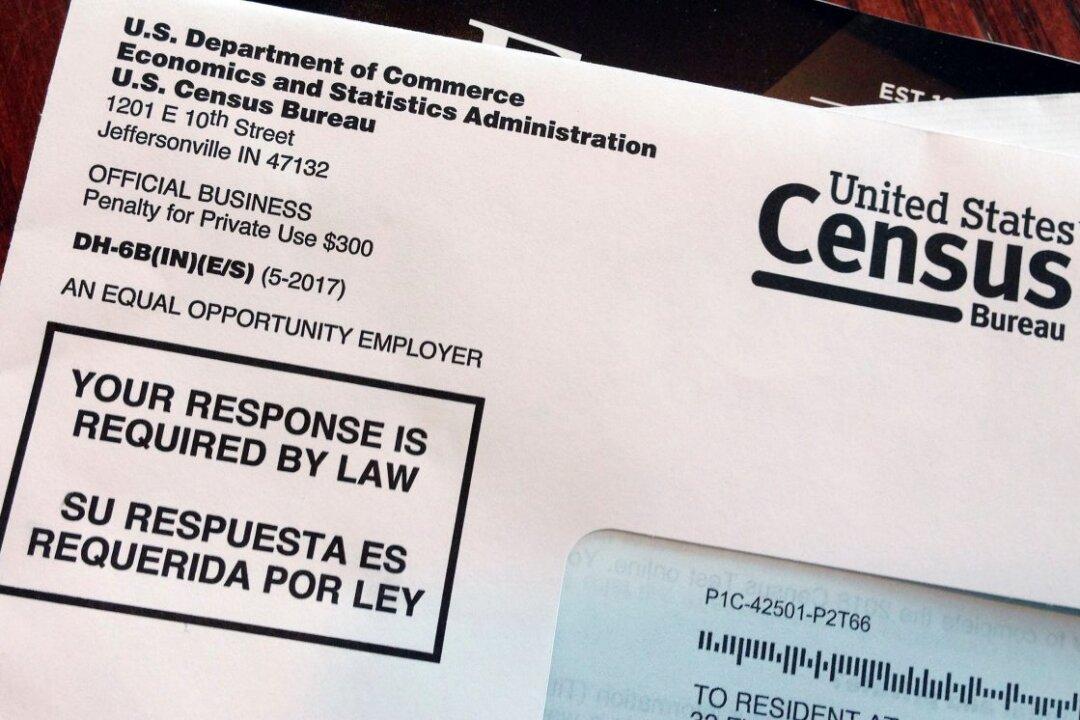Commentary
The Census Bureau is closing 30 offices in California for the 2020 Census, cutting its presence almost by half since 2010. But while this cut is the result of funding problems that had long worried officials, California Democrats are using the news to accuse Republicans of using the agency to target them.




